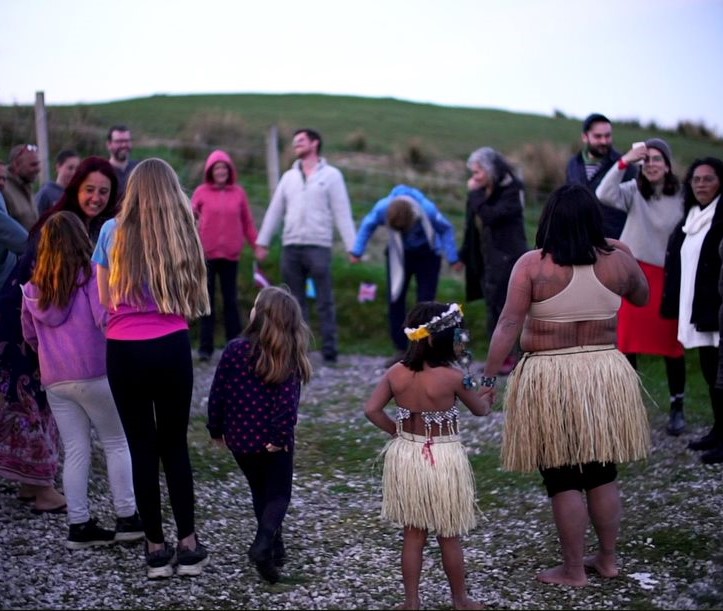
The programme brought together a multidisciplinary team of researchers from Law, Geography, Sociology of Work and Political Economy with leading figures from crofting, smallholding and indigenous communities in Scotland, the Amazon and Arctic.
This project aimed to collectively produce and share both ancestral and new academic knowledge across a nexus that is critical to a just transition: the globalised financialisation of land for both the carbon and green economy, smallholder and community access to land, and sustainable production of food. These dimensions come to ground, literally, in arable land that has been an increasingly prized destination for corporate finance, with subsequent rising land prices and a deepening of contestation between commodity and food production. The programme was attentive to new policy instruments in Scotland including land reform, transparency and local empowerment and the plural ways in which other communities negotiate tensions between land asset capture for speculation, monocultures and energy forms on one hand; and rural or forest based livelihoods on the other.
The programme hinged on a hopeful dialogue across these frontiers in order to i) unearth commonality in values, experiences and aspirations for socially and ecologically committed cultivation of land; ii) investigate legal instruments within and across borders for their realisation; iii) make recommendations for effective policy implementation in Scotland.